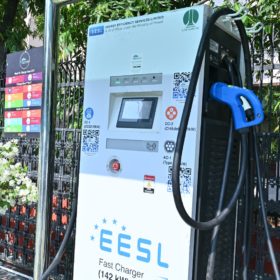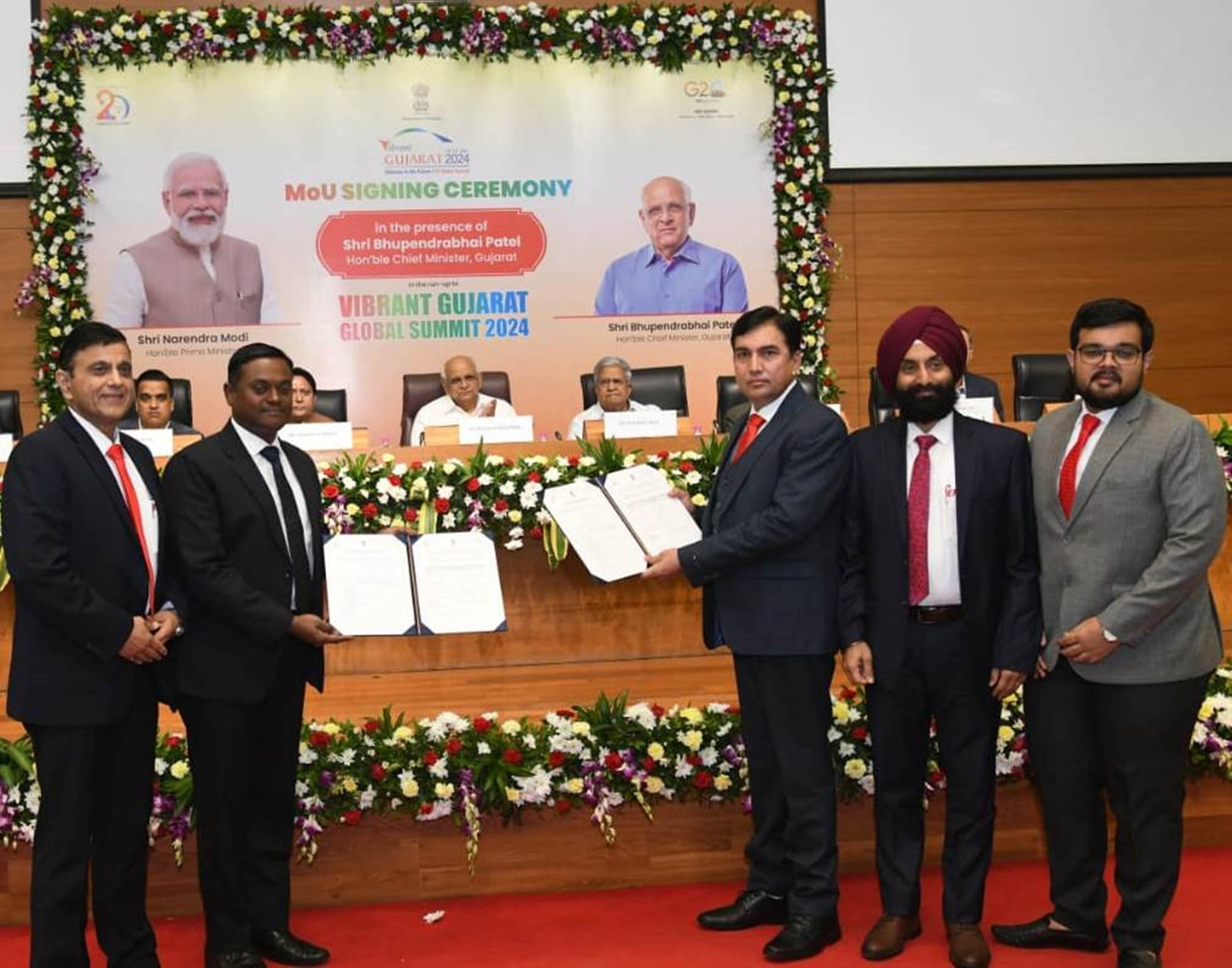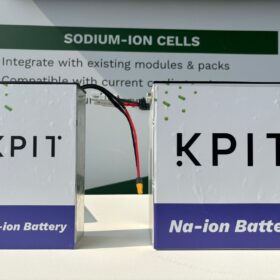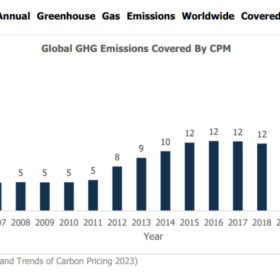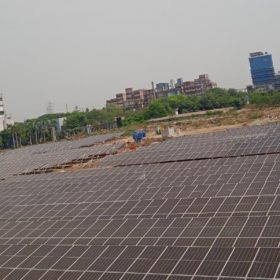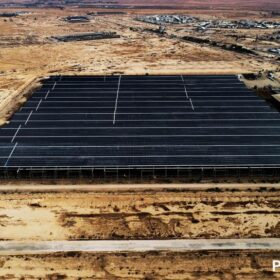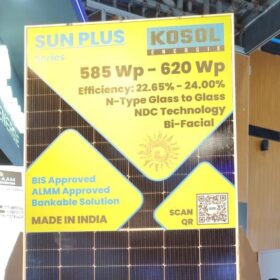Budget lays focus on residential rooftop solar, EV infrastructure
Finance minister Nirmala Sitharaman today tabled the interim budget for FY 2024-25 in the parliament. Budget highlights include announcements about the residential rooftop solarization scheme, viability gap funding for offshore wind, and government support for EV manufacturing and charging infrastructure.
Bharat Mobility Global Expo to showcase EV battery, recycling, and charging infra innovations
Electric vehicle (EV) battery manufacturing, battery safety, and recycling along with EV charging and battery swapping are the key areas of discussion at the Bharat Mobility Global expo, scheduled from Feb. 1 –3, 2024, in New Delhi.
Erisha E Mobility signs INR 6,900 crore MoU for green hydrogen, mega EV park in Gujarat
Erisha E Mobility will invest INR 6,900 crore in setting up an electric vehicle park, charging infrastructure, and green hydrogen production facilities in Gujarat.
KPIT unveils sodium-ion battery with energy density of up to 170 Wh/kg
KPIT, an India-based automotive software and engineering solutions supplier, has unveiled its proprietary sodium-ion battery technology, and is now on the lookout for manufacturing partners. Ravi Pandit, chairman of KPIT, tells pv magazine, that that the company has developed multiple variants with energy density ranging from 100 Wh/kg to 170 Wh/kg, and potentially reaching 220 Wh/kg.
JSW Cement begins EV trials to reduce carbon footprint in logistics
JSW Cement plans to transition to EV trucks across its manufacturing operations. Toward achieving that goal, it has initiated an EV truck pilot project between its manufacturing operations in Karnataka and Andhra Pradesh.
Six states account for 60% of EV sales in first eight months of 2023
A new analysis shows sales of electric vehicles (EVs) in India in the first eight months of 2023 has already reached the annual sales volumes for 2022. It also reveals only a handful of states are driving the electric mobility adoption.
Unveiling India’s carbon credit revolution: From local initiatives to global impact
The Indian carbon credit system, operating under the Clean Development Mechanism (CDM) and the United Nations Framework Convention on Climate Change (UNFCCC), stands ahead in several aspects.
NTPC starts trial run of hydrogen bus in Leh
The first-of-its-kind green hydrogen mobility project at 11,562 feet will harness green hydrogen using renewable power from a co-located, dedicated solar plant of 1.7 MW.
Gensol Engineering’s Q1 FY 2024 revenue surges 47% YoY
Gensol Engineering has posted a 47% year-on-year increase in its revenue to INR 1,517 million ($18.27 million) for the first quarter of fiscal 2023-24.
Solar, storage, and V2G at the core of Israel’s future energy system
New research has shown that Israel has the technical potential to deploy 172.5 GW of photovoltaics, of which 132.1 GW would be from conventional installations and 40 GW from agrivoltaics. If deployed, this full potential would require energy storage with a capacity of at least 500 GWh and strong development of vehicle-to-grid technologies.

